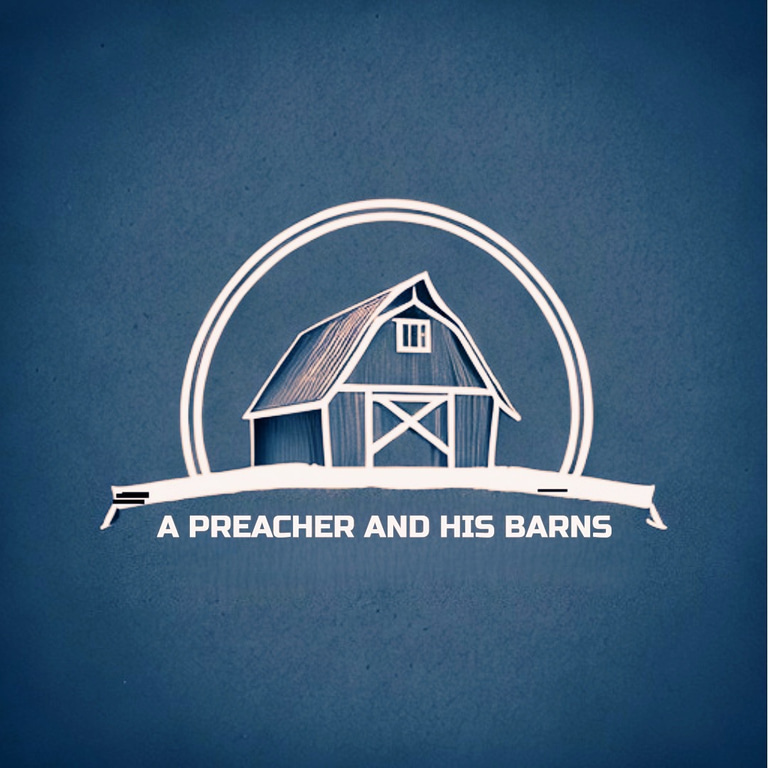My Country ‘tis of Thee
My country, 'tis of Thee, Sweet Land of Liberty Of thee I sing; Land where my fathers died, Land of the pilgrims' pride, From every mountain side Let Freedom ring.
FEATUREDDEVOTIONS


My Country ‘tis Of Thee
A student in a theological seminary needs time to study deep philosophical ideas. However, a student needs to pay bills, too. Such was the case with Samuel. While attending school, he found that his music skills provided him the opportunity to work with the great composer Lowell Mason.
Mason knew that Samuel was fluent in German and he had just procured several German songbooks. He offered to pay Samuel to translate the lyrics into English, or provide new lyrics where needed.
In the late evening, in February of 1831, Samuel was reading a song entitled “Gott Segne Sachsenland” when he was struck by a wave of patriotism. He later claimed that the title, “God Bless our Saxon Land,” stirred something in him that compelled him to pick up a pen and write a tribute to his own country. In the space of about 30 minutes he had written the song we now know as, “My Country ‘tis of Thee.”
The song was first sung on July 4 of that year in a Boston church. It quickly became a favorite and soon rivaled all other patriotic songs in popularity. People started recognizing it as the “unofficial national anthem.” (It narrowly missed out on that official honor a hundred years later.)
The impact of Samuel F. Smith’s hymn on American history is undeniable. It roused the troops in times of war, energized the country when under distress and has been used by just about every freedom fighter in our country’s long fight for civil rights. The chorus, “Let Freedom Ring”, has become the rallying cry for more causes than can be counted. We are thankful, this Memorial Day weekend, for Samuel’s gift to our country.


